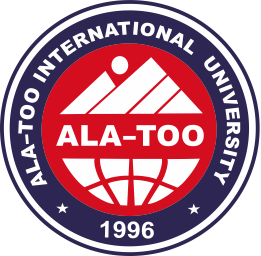
Virtual education
September 3, 2019

Virtual education
The widespread use of computers and the Internet has made distance learning easier and faster, and now virtual schools and virtual universities provide full programs on the Internet. The capacity of the Internet to support voice, video, text and immersion in teaching methods made somewhat redundant previous various forms of telephone, video conferencing, radio, television and education based on text. Nevertheless, many of the techniques developed earlier and the lessons learned from media are used in the Internet delivery.
In 1996, Jones International University was started by Glenn Jones, CEO and Bernard Luskin, Chancellor, as the first fully online university accredited by a regional accrediting association in the United States.
Enrollment in dıstance learnıng centers was growing rapidly both in the developed and developing countries in the period between 2000 and 2008. Many of the private, public, non-profit and commercial institutions worldwide currently offer dıstance learnıng courses from the most basic education to the highest levels of degree and doctoral programs. Levels of accreditation vary: Widely respected universities such as Stanford University and Harvard now deliver online courses, but other online schools get a little out of control, and some of them are actually fraudulent, i.e. diploma mills. In the US, Distance Education and Training Council (DETC) is specialized in accredited distance education institutions.
It was found that a third of all students enrolled in post-secondary education have taken accredited online course in the post-school in the United States in 2011. Even if the growth rate slow, registration for online courses is increasing with the advance in technology. Most public and private colleges offer a full academic programs on the Internet. These include, but are not limited with, programs in the field of mental health, occupational therapy, family therapy, art therapy, physical therapy and rehabilitation.
Distance education has a long history, but its popularity and usage has grown as the advanced technology has become more available. By 2008, online courses were available in the United States in 44 states in the K-12 level.
Internet forums, online group discussions, and an online community of learning can contribute to effective distance education experience. Studies show that socialization plays an important role in some forms of distance education.
